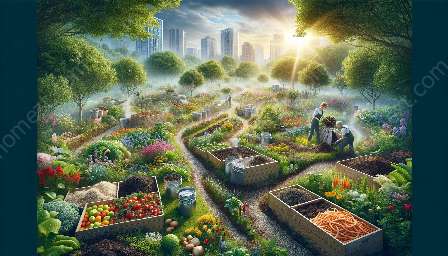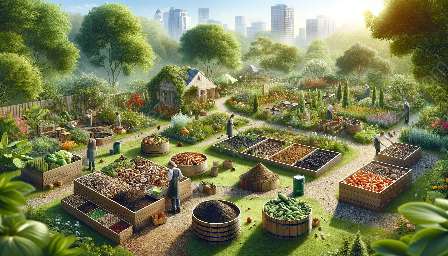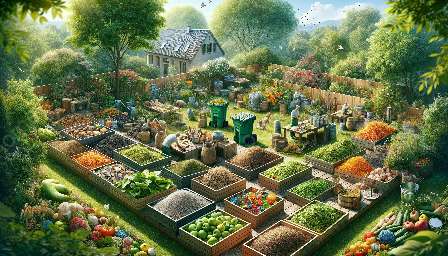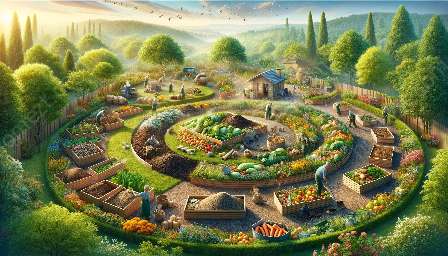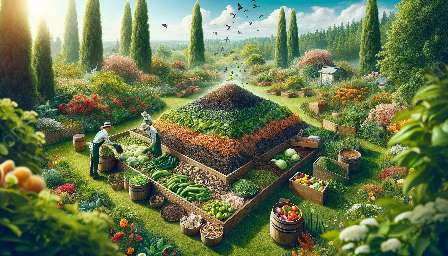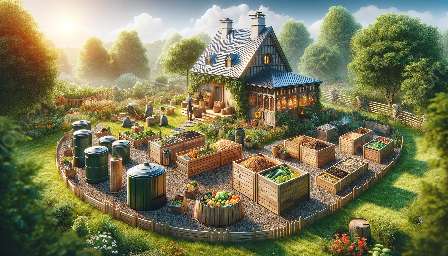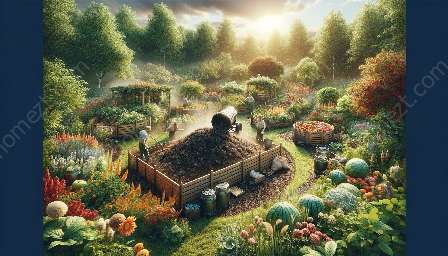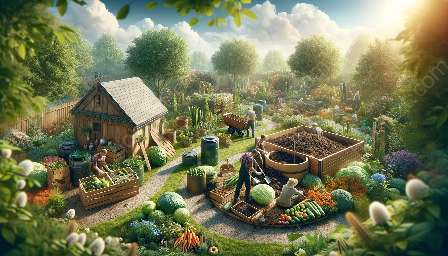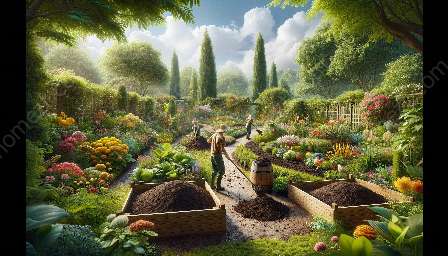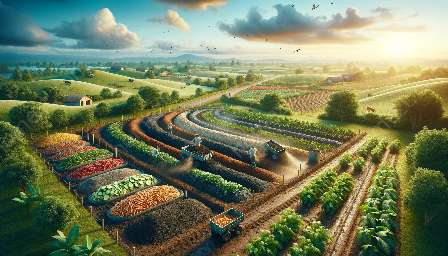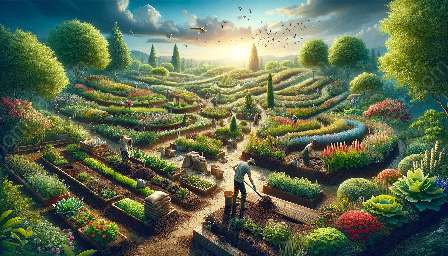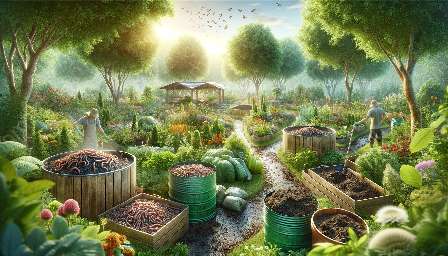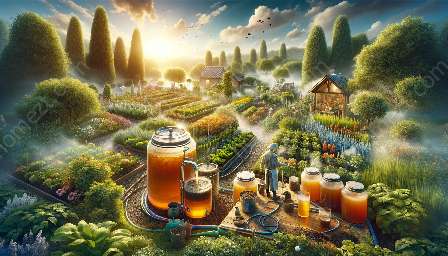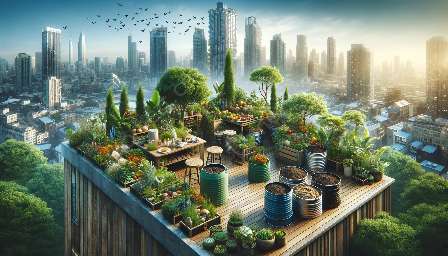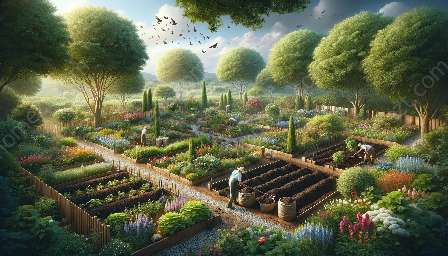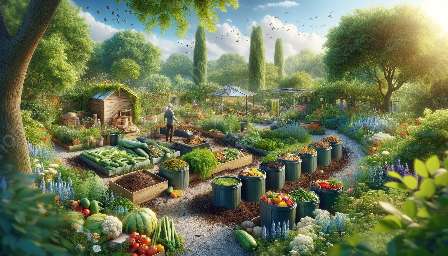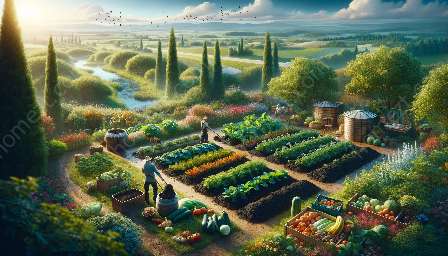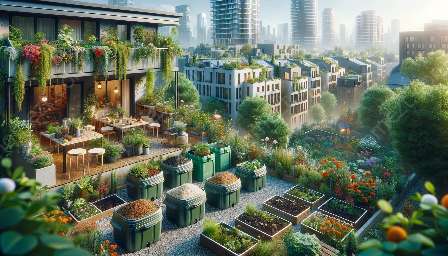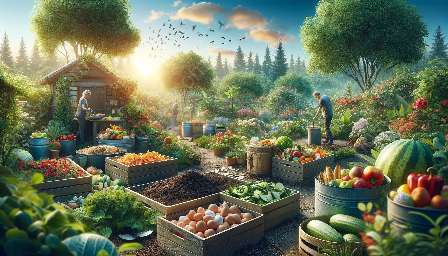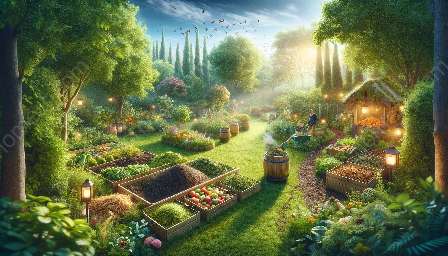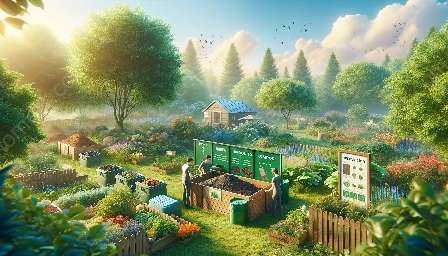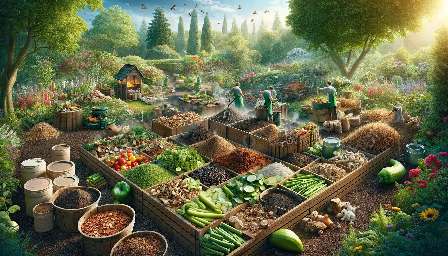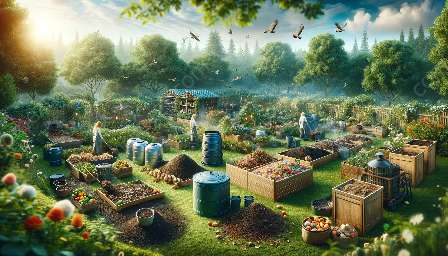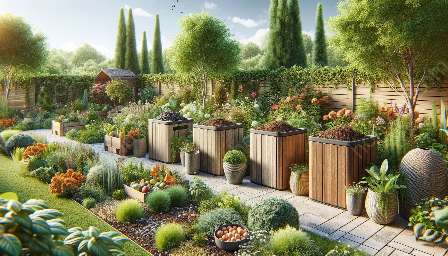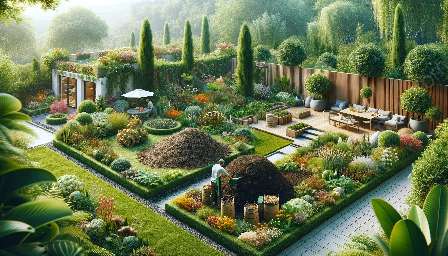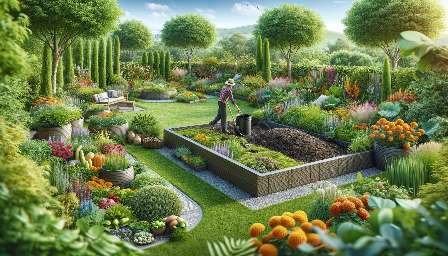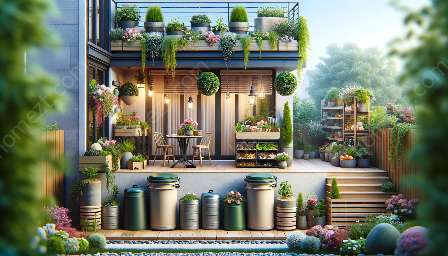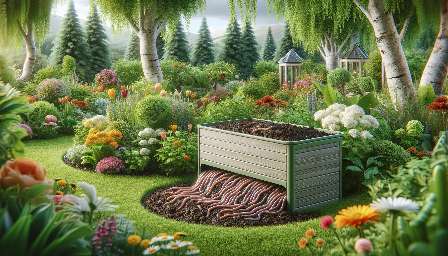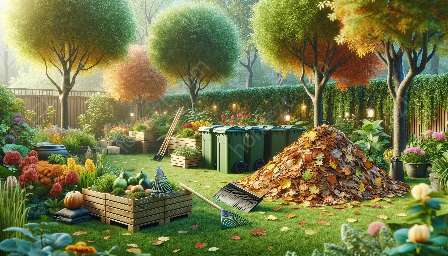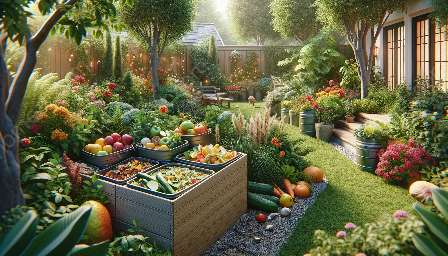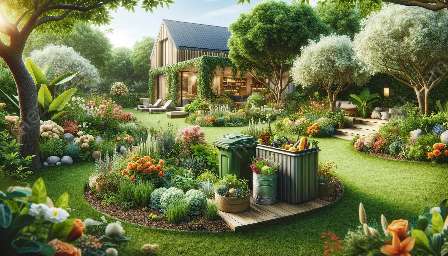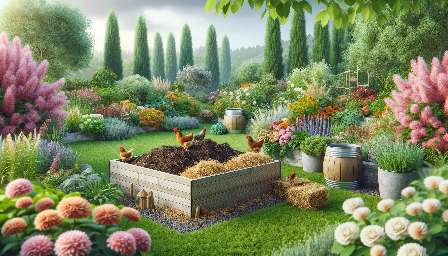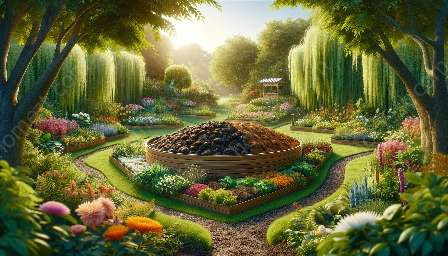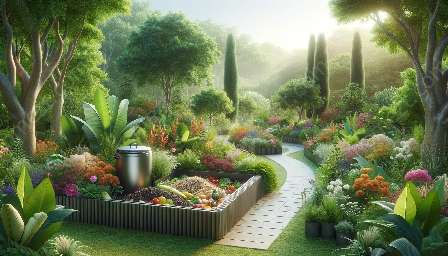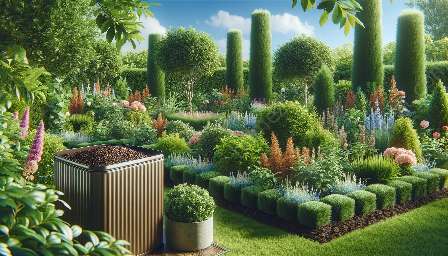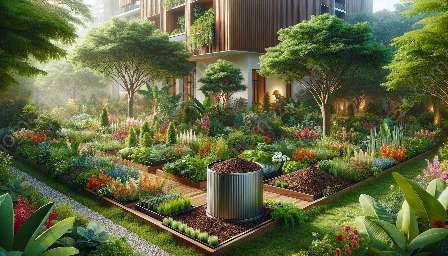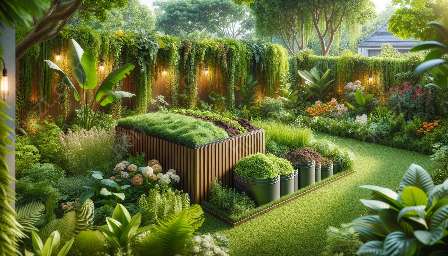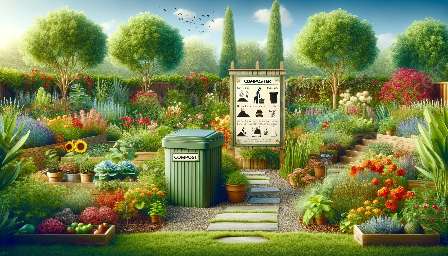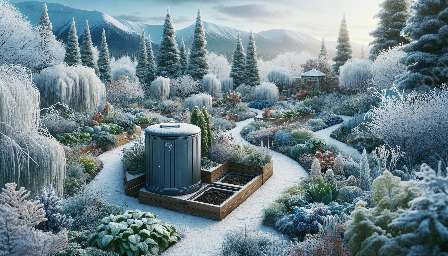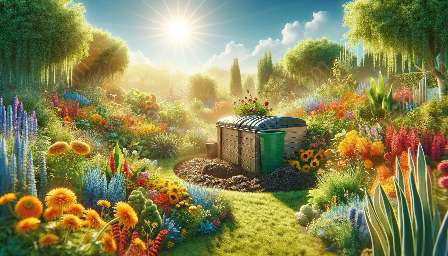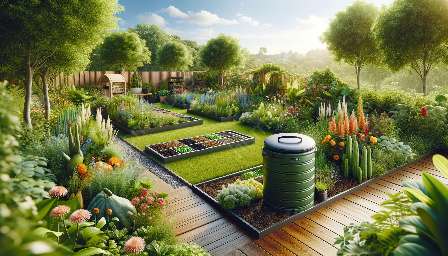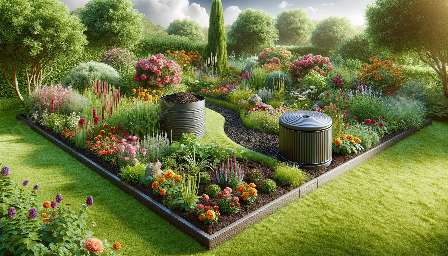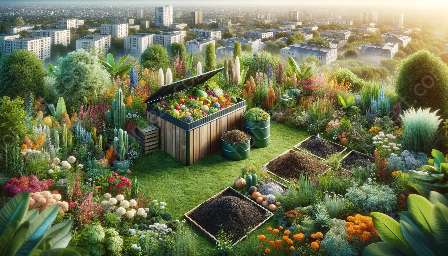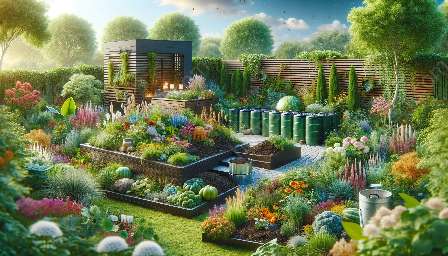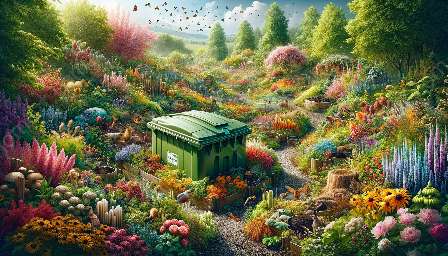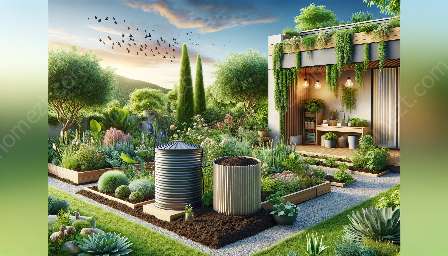Composting is a natural process that converts organic waste into nutrient-rich material, beneficial for gardening and landscaping. Small spaces present unique challenges for composting, but with the right approach, it's possible to transform your kitchen and yard scraps into valuable compost.
The Importance of Composting
Composting is an essential practice for anyone interested in gardening and landscaping. It's a sustainable way to reduce waste and enrich the soil, leading to healthier plants and a more successful garden.
Understanding Composting
Composting involves the decomposition of organic matter into a dark, crumbly substance that can be used to improve soil structure and provide essential nutrients to plants. The process requires the right balance of organic materials, air, and moisture.
Key Components of Composting
- Organic Materials: Kitchen scraps, yard waste, and other organic matter can be used for composting.
- Air: Proper aeration is crucial for the decomposition process to occur efficiently.
- Moisture: Maintaining the right level of moisture is important for the breakdown of organic matter.
Composting in Small Spaces
Composting in small spaces, such as urban apartments or compact yards, requires creative solutions. Consider using composting bins, vermiculture, or indoor composting methods to efficiently manage organic waste within limited areas.
Composting Bins
Compact composting bins are ideal for urban dwellers and those with limited outdoor space. These bins are designed to contain and decompose organic waste, providing an efficient solution for small-scale composting.
Vermiculture
Vermiculture, or worm composting, is a space-saving method that uses worms to decompose organic matter. This technique is well-suited for small spaces and can be done indoors, making it a versatile option for composting in urban environments.
Indoor Composting
For individuals with minimal outdoor space, indoor composting systems offer a convenient way to manage organic waste. These systems can range from small, odorless containers to more elaborate setups, allowing composting to take place within the confines of a home or apartment.
Compatibility with Gardening and Landscaping
Composting is closely linked to gardening and landscaping, as the resulting compost enriches the soil and promotes healthy plant growth. By composting in small spaces, individuals can still support their gardening efforts and contribute to sustainable landscaping practices.
Adding Compost to Gardens
Small-space composting yields valuable compost that can be used to enhance potted plants, container gardens, and small outdoor spaces. By incorporating compost into the soil, individuals can improve its fertility and structure, leading to better growth and overall plant health.
Enhancing Landscaping Projects
When space is limited, composting can still play a vital role in landscaping projects. Utilizing compost in small-scale landscaping efforts can contribute to the health and vibrancy of the plants, ensuring that even limited spaces can benefit from sustainable and nutrient-rich soil improvement.
Conclusion
Composting in small spaces is not only feasible but also immensely beneficial. By understanding the key aspects of composting and its compatibility with gardening and landscaping, individuals can turn their homes and limited outdoor areas into centers for sustainable waste management and soil enrichment, ultimately contributing to a healthier and more beautiful environment.

